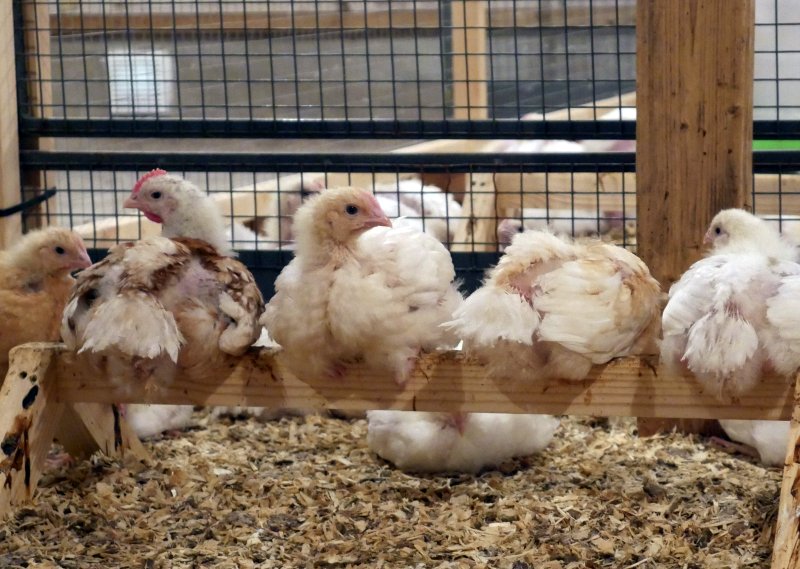
Producing meat from slower-growing chickens could significantly reduce mortality and improve meat quality, new research suggests.
The study compared the health, welfare and production characteristics of the three fastest-growing broiler breeds used most extensively worldwide with a slower-growing, higher-welfare breed.
The first of its kind research showed that up to 49% of faster-growing birds could die or should be culled due to welfare issues such as lameness.
This compares to 16 percent of the slower growing birds, the study, carried out by Scotland’s Rural College (SRUC), shows.
It also highlights that up to 78% of the fast-growing birds were likely to have poor quality meat with white striping, compared to 10% for the slower-growing breed.
And up to 23% had a condition known as wooden breast, compared to just 1% of the slower growing breed.
The RSPCA, which commissioned the study, said that conventional production with fast-growing breeds is 'potentially very wasteful' for farmers.
The charity's Kate Parkes said: “Our research shows that fast-growing birds are significantly more likely to produce poorer quality meat, through conditions known as white striping and wooden breast.
“However, birds with poor leg health are not always culled, and meat with white striping and wooden breast is still sold to consumers.
"Therefore, the cost of ‘standard’ chicken meat is being kept artificially low due to some of these issues not being adequately addressed.
"As such, the rearing of fast-growing breeds seems to be a false economy, as well as presenting a serious welfare issue," she said.
It comes as the government looks to link post-Brexit farm support payments with environmental and animal welfare outcomes.
The study suggests chicken is an area where farmers could be given financial support to move to using slower growing breeds.
